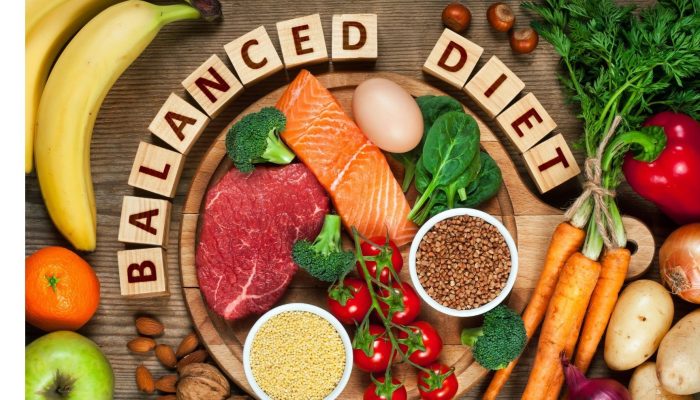Understanding Hypertension and Diet:
Hypertension occurs when the force of blood against the walls of the arteries is consistently too high. Several dietary factors can contribute to the development and management of hypertension, including sodium intake, potassium consumption, alcohol consumption, and overall diet quality. By making targeted dietary changes, individuals with hypertension can help lower their blood pressure and improve their overall cardiovascular health.

Key Components of a Hypertension-Friendly Diet:
- Low Sodium Intake: Excess sodium can cause the body to retain fluid, leading to increased blood pressure. Therefore, reducing sodium intake, often achieved by limiting processed foods and avoiding added salt during cooking and at the table, is essential for managing hypertension.
- High Potassium Foods: Potassium helps counteract the effects of sodium and relaxes blood vessel walls, thereby lowering blood pressure. Including potassium-rich foods such as fruits (e.g., bananas, oranges), vegetables (e.g., spinach, potatoes), and legumes in the diet is beneficial for individuals with hypertension.
- Balanced Macronutrients: A diet rich in fruits, vegetables, whole grains, lean proteins, and healthy fats supports overall heart health and helps maintain a healthy weight, which is crucial for managing hypertension.
- Moderate Alcohol Consumption: Excessive alcohol consumption can raise blood pressure. Therefore, limiting alcohol intake to moderate levels (if consumed) is recommended for individuals with hypertension.
- Limitation of Added Sugars and Saturated Fats: Consuming foods high in added sugars and saturated fats can contribute to weight gain and increase the risk of heart disease. Therefore, minimizing the intake of sugary beverages, sweets, and high-fat foods is advisable.
Benefits of Following a Personalized Hypertension Diet Plan:
- Lowered Blood Pressure: A well-designed diet plan can help lower blood pressure levels, reducing the risk of hypertension-related complications.
- Improved Heart Health: Adopting a heart-healthy diet can support overall cardiovascular health, reducing the risk of heart disease, stroke, and other cardiovascular issues.
- Enhanced Well-being: A balanced diet not only benefits physical health but also supports mental and emotional well-being, promoting an overall sense of vitality and vitality.
Partner with Us for Your Hypertension Management:
Our team of experienced nutritionists is dedicated to helping individuals with hypertension take control of their health through personalized diet plans. By collaborating with us, you’ll receive tailored dietary guidance and support to manage your blood pressure effectively and enhance your overall well-being. Contact us today to schedule a consultation and embark on your journey to better heart health.
FAQ's
Diet influences blood pressure levels, with certain foods contributing to hypertension risk.
Limit high-sodium foods, processed snacks, sugary drinks, and fatty meats to help manage hypertension.
Incorporate fruits, vegetables, whole grains, lean proteins, and low-fat dairy into your diet for better blood pressure control.
Aim for less than 2,300 milligrams per day, ideally closer to 1,500 milligrams, to manage hypertension effectively.
Yes, shedding excess weight through a balanced diet and regular exercise can significantly reduce blood pressure.
Yes, the DASH diet, emphasizing fruits, vegetables, and low-fat dairy, is often recommended for its blood pressure-lowering benefits.
